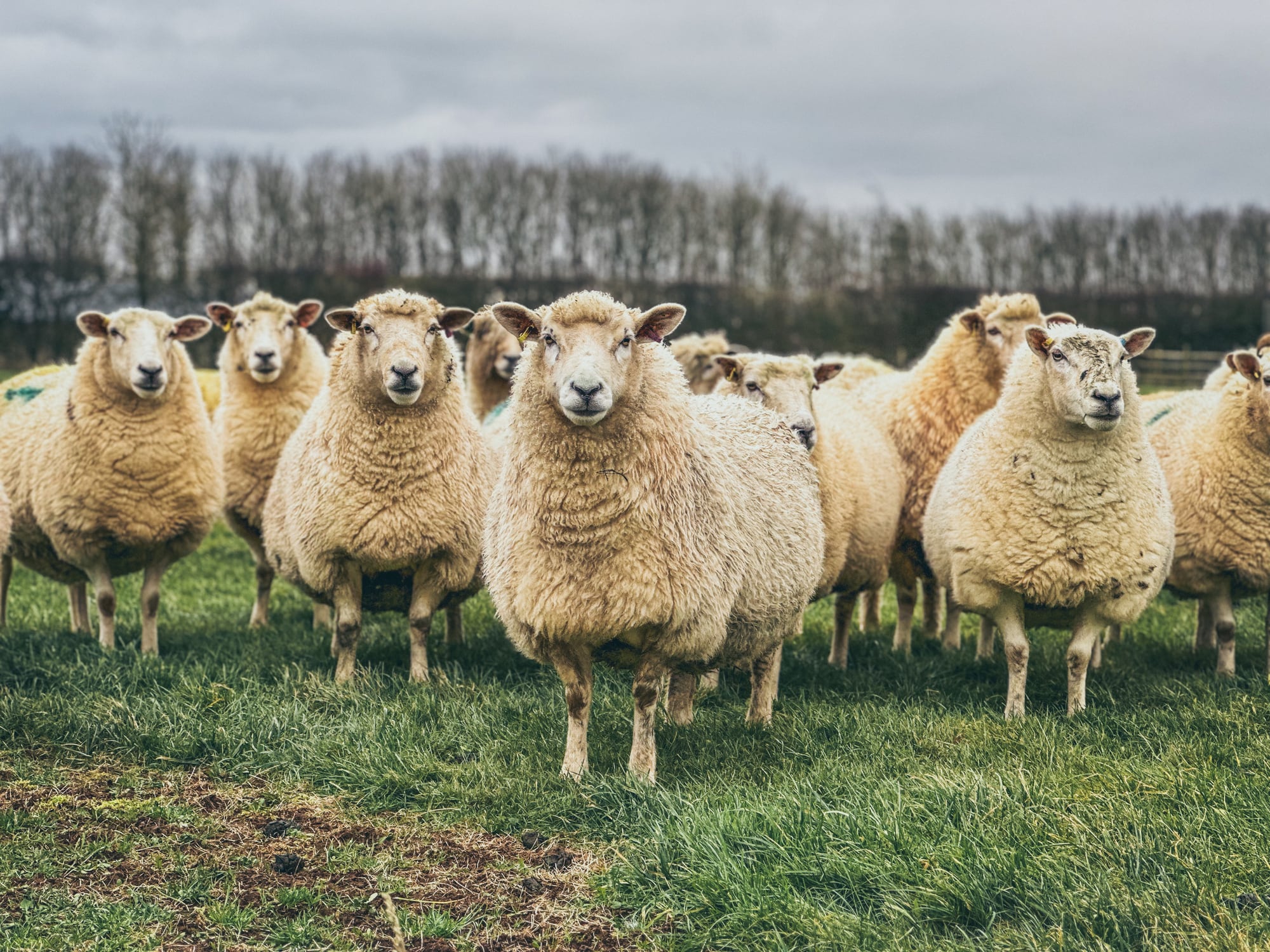The UK’s chief veterinary officer, Christine Middlemiss, confirmed the case after several milk tests came back positive, with Defra having put surveillance in place following the outbreak of avian influenza in dairy cows in the US.
The infected sheep has been put down and further testing of the remaining flock of sheep at the premises has since been undertaken by the avian influenza national reference laboratory at the Animal and Plant Health Agency Weybridge laboratory. No further infections were detected in the remaining flock.
This is the first time that the avian flu virus has been reported in a sheep, but it has been detected in livestock in other countries. Despite this, there is no evidence to suggest that an increased risk to the UK’s livestock population exists.
Nonetheless, Middlemiss has urged all livestock keepers to remain vigilant to the signs of avian influenza following recent outbreaks and maintain good biosecurity. The case has also been reported to the World Organisation for Animal Health (WOAH) and the World Health Organisation.
“Strict biosecurity measures have been implemented to prevent the further spread of disease,” Middlemiss said.
“While the risk to livestock remains low, I urge all animal owners to ensure scrupulous cleanliness is in place and to report any signs of infection to the Animal Plant Health Agency immediately.”
The UK Health Security Agency (UKHSA) added that avian influenza is primarily a disease that impacts birds and poses a limited threat to the general public, but people should not touch any dead or sick wild birds they find.
Meanwhile, the Food Standards Agency (FSA) has advised that properly cooked poultry and poultry products, including eggs, remain safe to eat since the H5N1 virus is not normally transmitted through food.
“Globally, we continue to see that mammals can be infected with avian influenza A(H5N1),” said Dr Meera Chand, emerging infection lead at the UKHSA.
“However, current evidence suggests that the avian influenza viruses we’re seeing circulating around the world do not spread easily to people – and the risk of avian flu to the general public remains very low.
“UKHSA will continue to monitor the situation closely alongside Defra, DHSC, Animal and Plant Health Agency and Food Standards Agency. UKHSA has established preparations in place for detections of human cases of avian flu and will respond rapidly with NHS and other partners if needed.”





